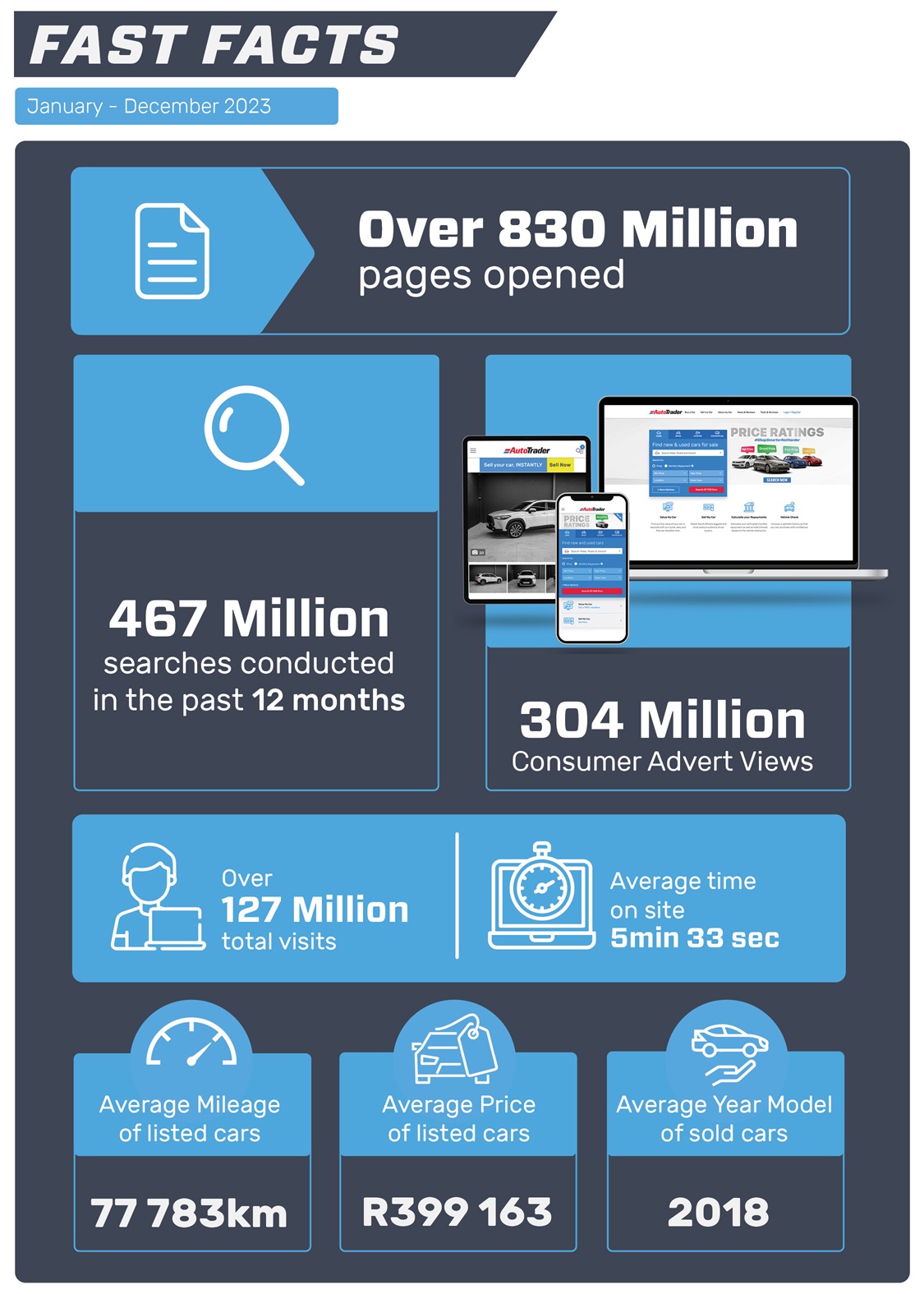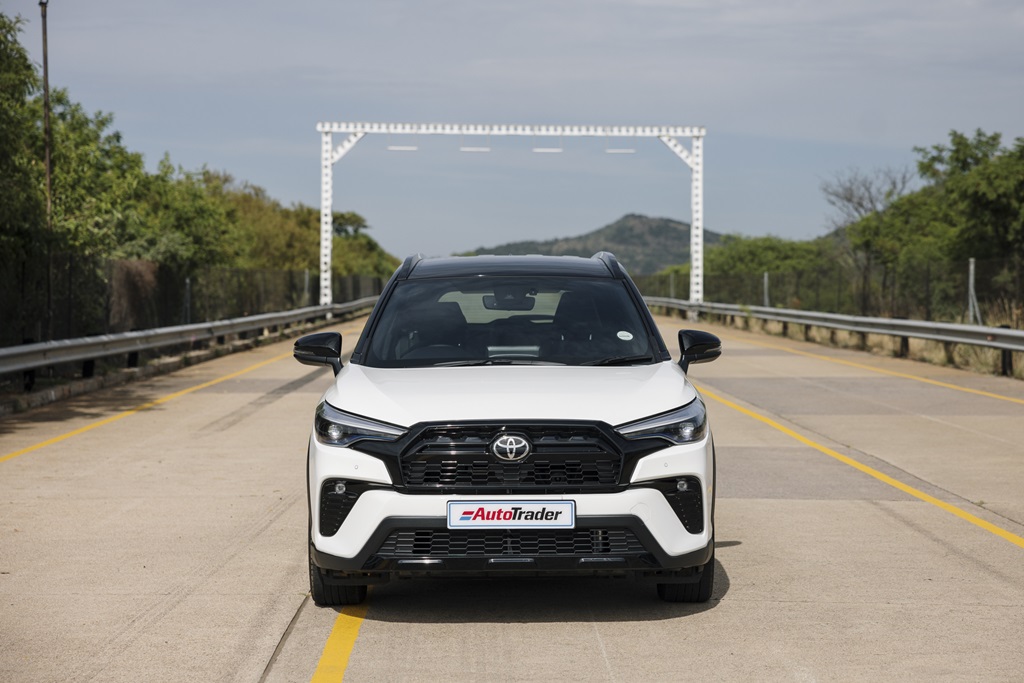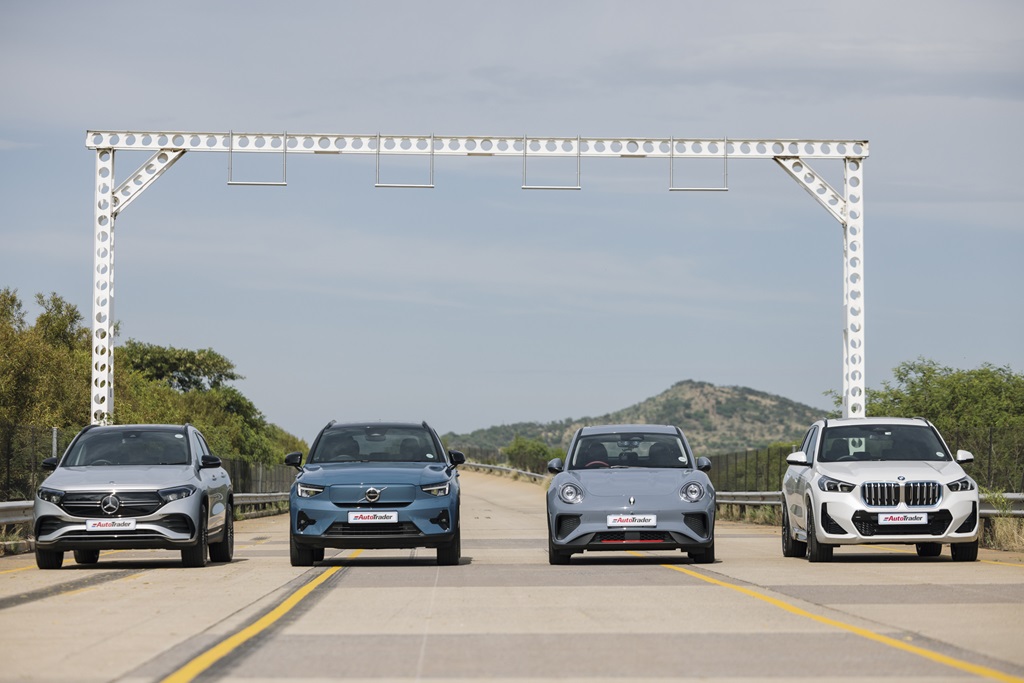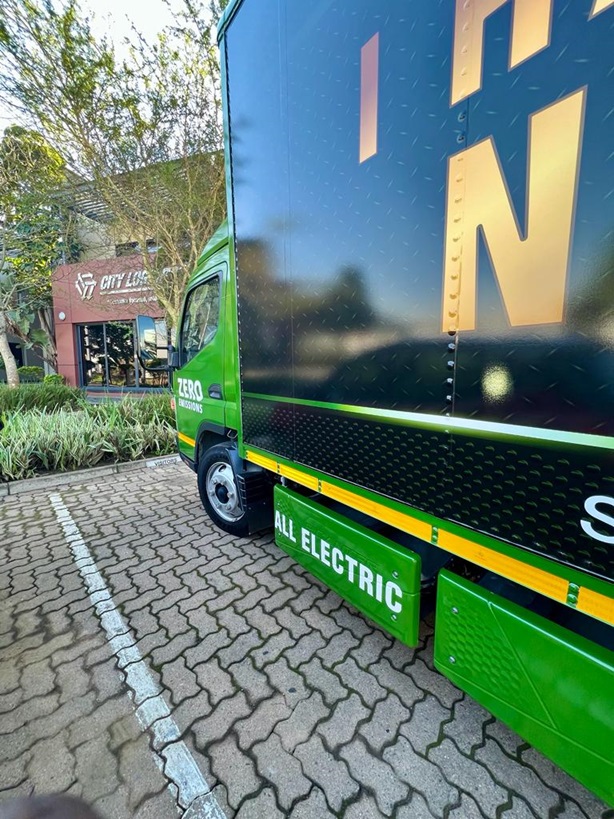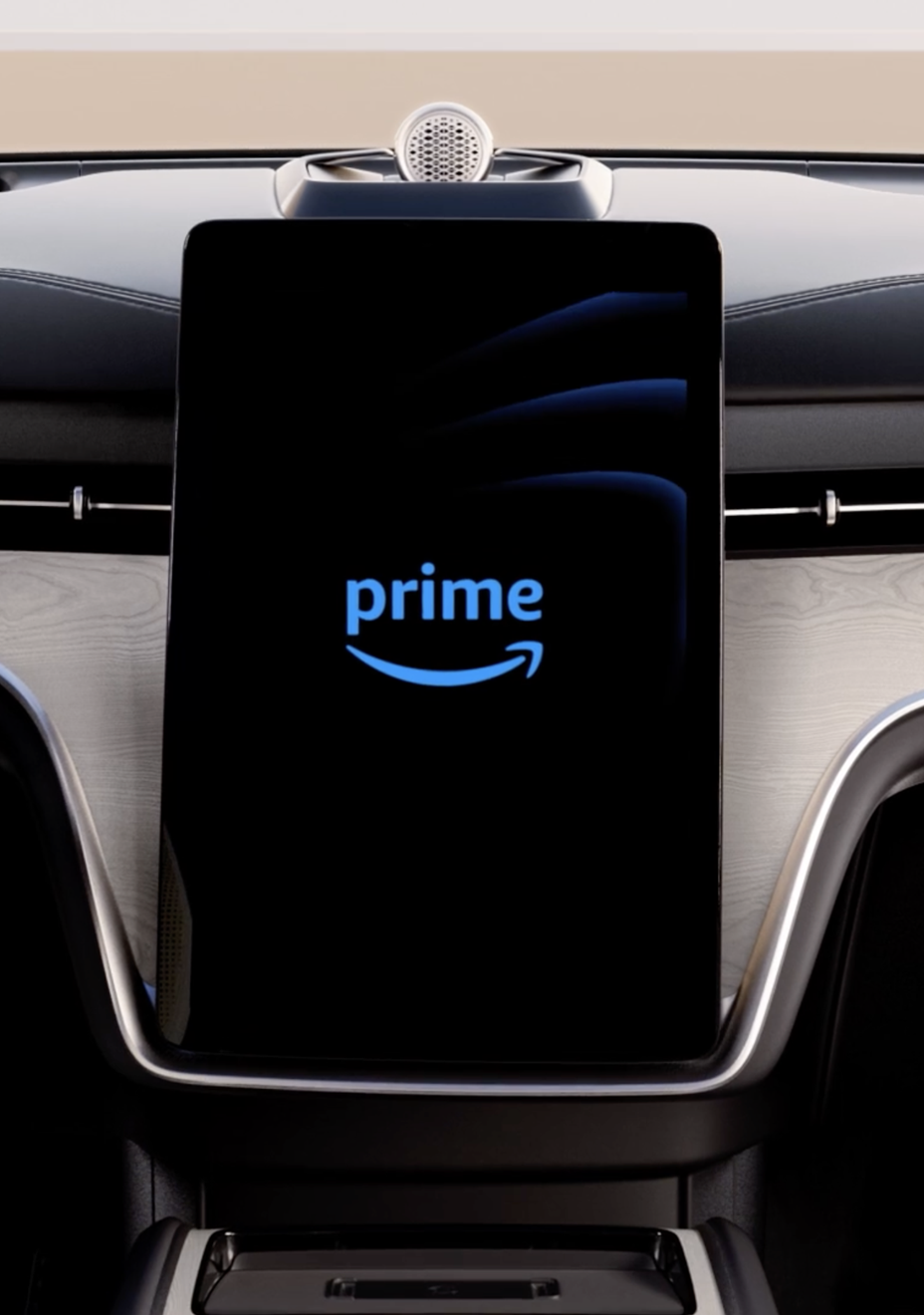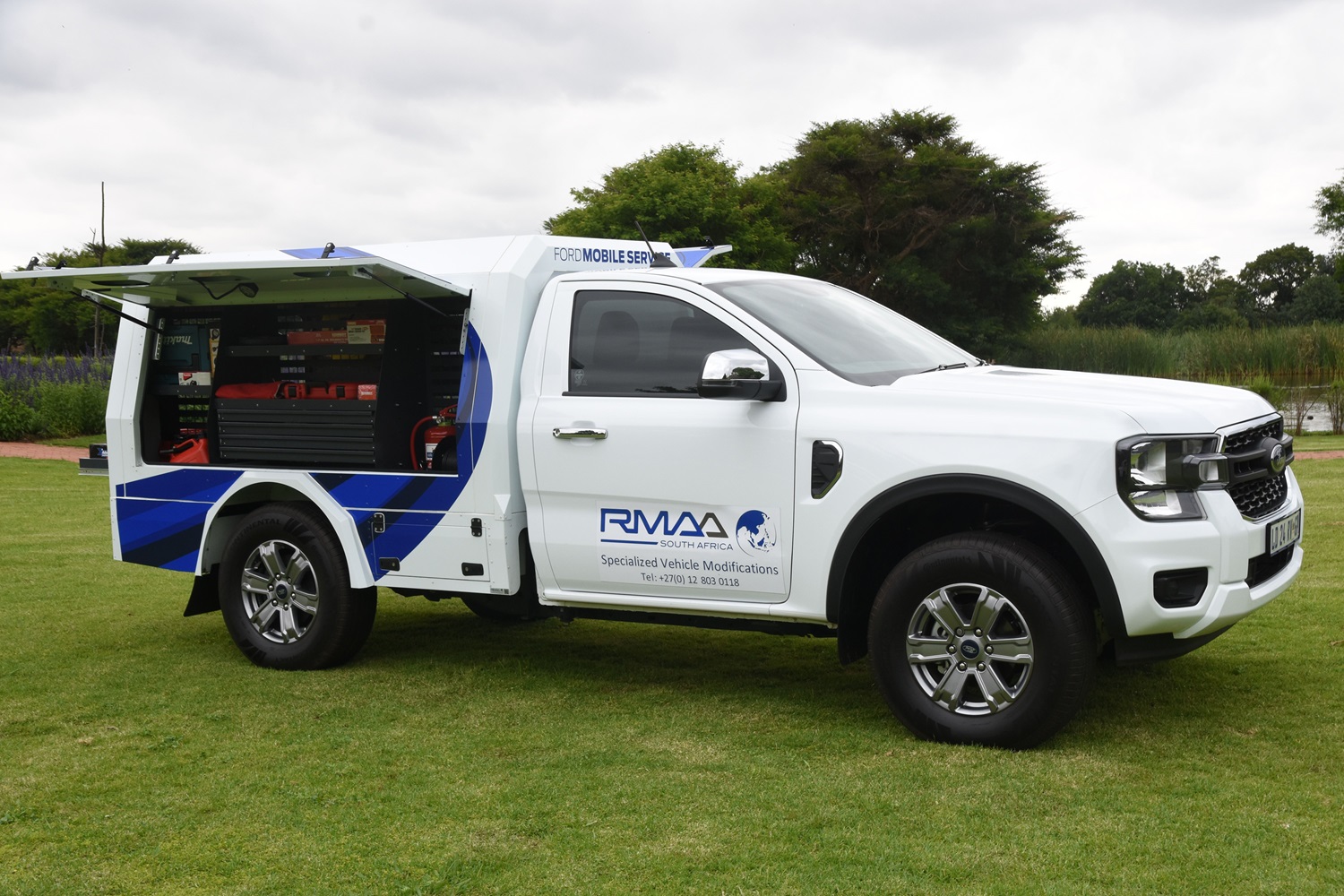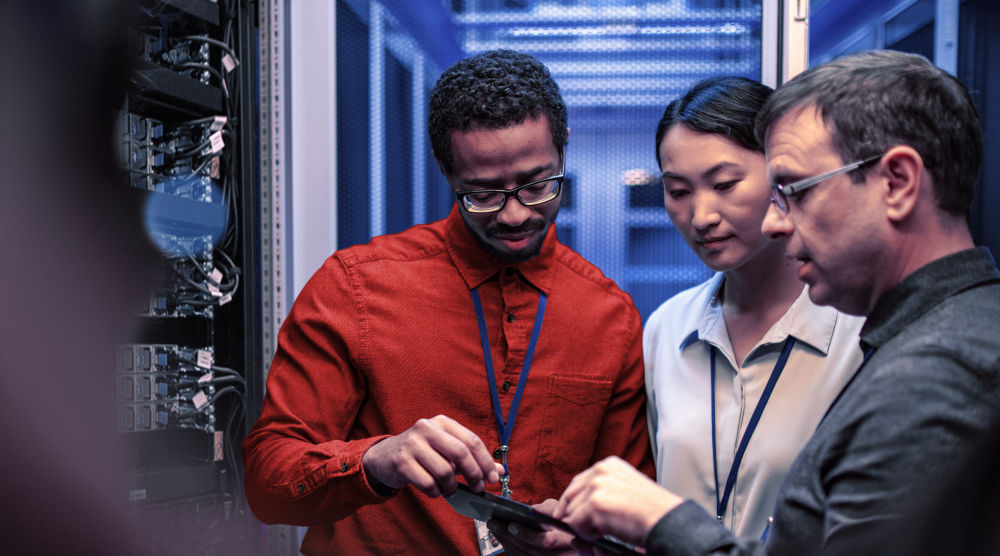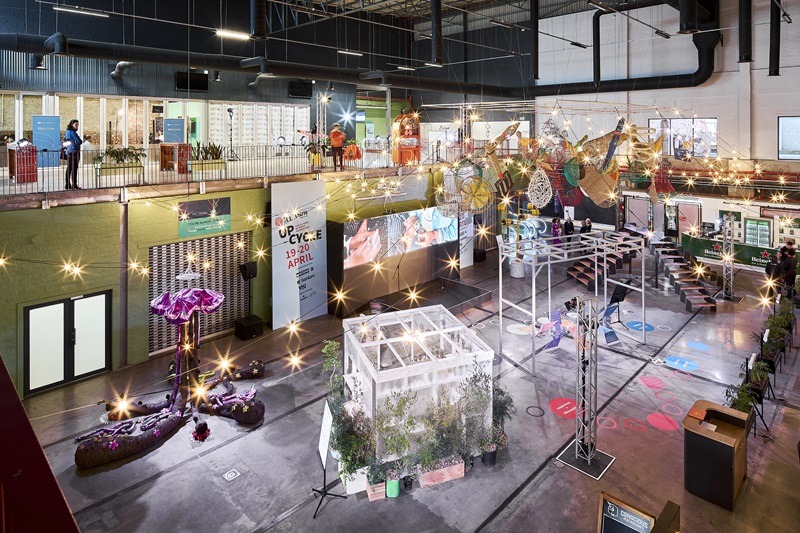A recent study conducted for the Mazda Driver Project suggests that many people are not over enthusiastic about surrendering their ability to drive a car themselves. Additionally, a few weeks ago, the second fatal accident involving self-driving cars occurred. This reignited the debate over whether autonomous vehicles will lead to safer roads or not.
The human factor
Numerous studies suggest that self-driving cars do have the potential to improve safety. Yet, for this to become a reality, drivers need to accept these cars. According to the Mazda Driver Project, 66% of European drivers say their love of driving means they still want to be able to drive even with the advent of self-driving cars.
The Managing Director of MasterDrive, Eugene Herbert, says South Africa has a ‘driving culture.’ “With a culture invested in their cars, these statistics are likely to be similar here. For us to see any real improvements to safety there needs to be widespread acceptance of autonomous cars.”
The safety factor
Another factor that self-driving cars need to be effective in increasing safety is Utopian roads. “Autonomous cars have the potential to increase safety on the roads, if all conditions are ideal. In first world countries this may be easier to achieve because their infrastructure is more advanced.
“Yet, even these countries will struggle to achieve this level right now. In the context of a developing country, like South Africa, this ideal is even further away. Thus, while autonomous cars may have the potential to create even safer roads, it is unlikely to be something we see for some time to come. Certain development needs to take place first, in all countries.”
Herbert identified three areas which need the most development:
- Stable power: while some brands are considering hybrid options, most brands are leaning towards purely electric cars. There will never be widespread uptake of self-driving cars if there is the possibility that you may land in a situation where you cannot charge your car. South Africa still has some way to come before this level of power consistency can be achieved.
- Connectivity: The experts tell us that 5G (download speeds up to 10 gigabits per second) is the minimum requirement for self driving cars to function optimally. Only 5G will enable the connectivity needed for autonomous vehicles to be able to make imperative split-second decisions instead of sending and receiving data from a server hundreds of kilometres away. Clearly, developing countries have some way to go before this happens.
- Infrastructure: all infrastructure needs to be designed to accommodate autonomous cars. It has been estimated that US roads need the same level of upgrades that they did when buggies started replacing horses in the early 20th century. Signs, road markings, traffic control and vehicle identification systems need to be designed and installed. Even regulation needs to be updated.
Numerous changes need to take place within South Africa before we can see considerable improvements in road safety with the help of autonomous vehicles.
Post provided by MasterDrive




